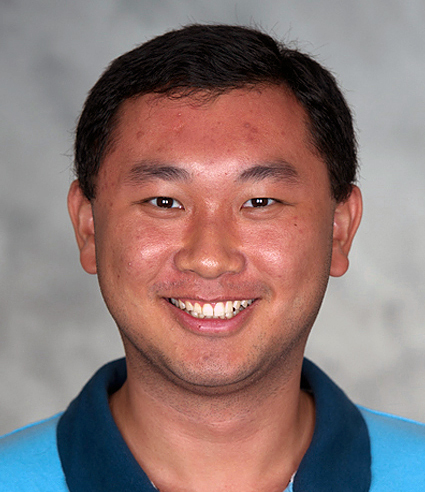
After completing my undergraduate study in Journalism and Communication at The Chinese University of Hong Kong, I undertook a Postgraduate Diploma in Education and was a research assistant at the same university. I also taught English Language part-time in several Hong Kong high schools and correctional institutions.
Subsequently, I was fortunate to be offered a highly competitive job as an assistant secretary and administrative officer in the Hong Kong government, in which I was able to gain experience in policy formulation, legislation, and public consultation. During my two-year experience as a civil servant, my interest in education, especially education policies in Hong Kong and mainland China, increased substantially. Outside of work, my community involvement on youth development piqued my mounting concern about education issues in a broader context and motivated me to get involved in conducting territory-wide social research for a non-government education organization.
With the goal of a career in academic research, I decided to quit my government job to pursue a master's degree in Sociology and Education at Teachers College Columbia University with the generous support from the R C Lee Centenary Scholarship from Hong Kong. In New York City, I was able to improve my qualitative research skills in the process of writing my thesis on brain drain in China. I was also given the opportunity to intern with UNICEF China to conduct education research and to contribute to their knowledge exchange website.
To further pursue my academic goals and to equip myself with quantitative research skills, I chose to apply to the International Comparative Education program at Stanford University and had the privilege of being awarded the Bei Shan Tang Foundation International Scholarship. The program provides an intensive and thorough training on thesis writing, for which I am examining the issue of teacher turnover in rural China. The School of Education offers a wide variety of methodology courses taught by well-known and experienced professors. With small class sizes, professors are concerned about students' learning and are able to interact frequently with students. My cohort members are from different countries/U.S. states and have diverse backgrounds and work experiences, allowing us to learn from each other both academically and non-academically.
In addition, Stanford University offers ample opportunities to explore my interests in education outside the classroom. With the support of a faculty member, as a master's student, I was able to initiate and teach an undergraduate course on mobile technologies in education in developing countries. I also participate in a non-profit organization, Technology and Education Connecting Cultures, to undertake innovative projects that leverage technology and education to create opportunities and help bridge the digital divide in rural China.
My experience at Stanford University confirmed my passion for becoming an academician of education policy with a focus on Asia, particularly in China. Upon graduation, I started working at UNESCO Bangkok (the Asia-Pacific Regional Bureau for Education) as a research assistant, supporting research work on education for the future and assisting in consultations on the new UN development agenda on education beyond 2015. The rigorous research training and theoretical perspectives that I learned in the ICE program prepared me well for the job.
I aim to continue working in international organizations in order to gain more hands-on field experience on improving education in Asia for one or two years and pursue a doctoral degree on international education afterwards.
Watch a video capturing Antony's experience in the ICE/IEAPA MA Program in 2011-12: